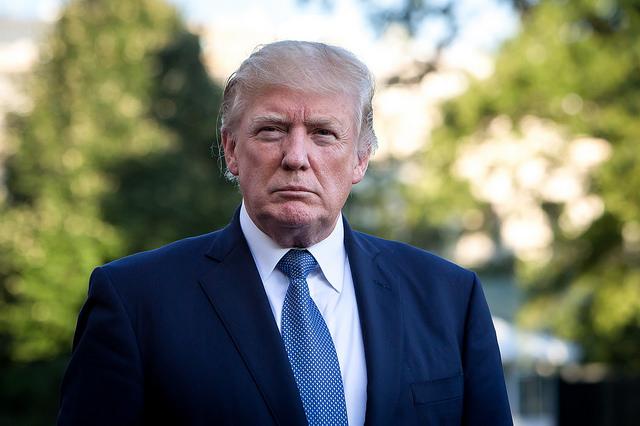WASHINGTON—The State Department announced May 24 that the United States is planning to sell $8.1 billion worth of arms to Middle East allies to counter aggression by Iran.
Secretary of State Mike Pompeo said in a statement that the United States has pending 22 arms sales to Jordan, the United Arab Emirates (UAE), and Saudi Arabia.





